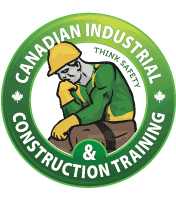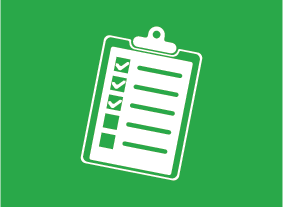-
Balanced Scorecard Basics
$29.95At the end of this course, you will be able to: Define what the balanced scorecard is, Identify the benefits of the scorecard, Create a vision statement for the balanced scorecard, Understand what corporate values, mission statements, and vision statements are and how they tie into the balanced scorecard process, Determine if the balanced scorecard is right for your organization, Describe the key elements of the balanced scorecard process, Identify a strategy map, tactical action plan, and balanced scorecard, Identify the components of supporting balanced scorecard plans, Understand what processes you will need to support the balanced scorecard, and Identify the members of different balanced scorecard teams. -
Reading Body Language as a Sales Tool
$47.00After you complete this course, you will be able to: Apply your knowledge of body language to improve communication, understand the impact of space in a conversation, understand the nuances of body language from a range of areas including your face, hands, arms, legs, and posture, use mirroring and matching techniques to build rapport, shake hands with confidence, and dress for success. -
English as a Second Language: A Workplace Communications Primer
$29.95This is an opportunity to review and enhance your proficiency in listening, speaking, reading and writing. You will find that being aware of cultural and workplace influences will help keep them from creating barriers to communication. Practical information on selecting the right words, and combining them effectively to get your message across, will improve your verbal and written communication. Specific advice on email, videoconferencing, proposals, and selling your ideas will further improve your communication skills. -
The Minute Taker’s Workshop
$24.95This workshop will help you learn what is expected of a minute-taker, key minute-taking skills, including listening skills, critical thinking, organization, and good note-taking, how to write minutes that are suitable for formal meetings, informal meetings, and action minutes, how to be an efficient minute-taker in any type of meeting,,and how to prepare and maintain a minute book. -
An Environmental Audit Primer
$49.95This course will give you the tools to conduct an internal environmental audit at your workplace. You will learn of the different types of audits and about auditors and the basic steps of an audit. This course will also teach you the essential aspects of an audit checklist and how to develop a checklist based on Environmental Management System procedures. You will also explore noncompliances, corrective actions and an audit closing meeting. -
Developing a High Reliability Organization
$79.00You will learn what constitutes a High Reliability Organization (HRO), the principles behind high reliability and take a look at a real life disaster that could have benefitted from those principles. -
Continuous Improvement with Lean
$59.00In this course, you will learn about developing continuous improvement strategies in the workplace using Lean methodology. The course focuses on the Identify – Plan – Execute – Review cycle, and wraps up with an in-depth case study to help you practice what you have learned. -
Digital Transformation
$24.95This course aims to define digital transformation, and provide an understanding of why it matters, as well as take a look at businesses that are successfully undertaking this change. It will also help you begin developing a digital strategy for your own company. -
Knowledge Management
$39.95In this course, you will learn what knowledge is, what knowledge management is, how tacit and explicit knowledge are different, and the business benefits that knowledge management can bring. Then, you will learn about the knowledge management mix (which includes people, technology, and process) as well as a four step process for building your knowledge management framework. You will also learn about four knowledge management models: Bukowitz and Williams’ KM Process Framework, Gamble and Blackwell’s knowledge management matrix, Botha’s process model, and Nonaka and Takeuchi’s spiral model. Implementation aspects, such as knowledge management teams, post-mortem plans, KMBOKs, Chief Knowledge Officers, and pilot programs, are covered as well.









